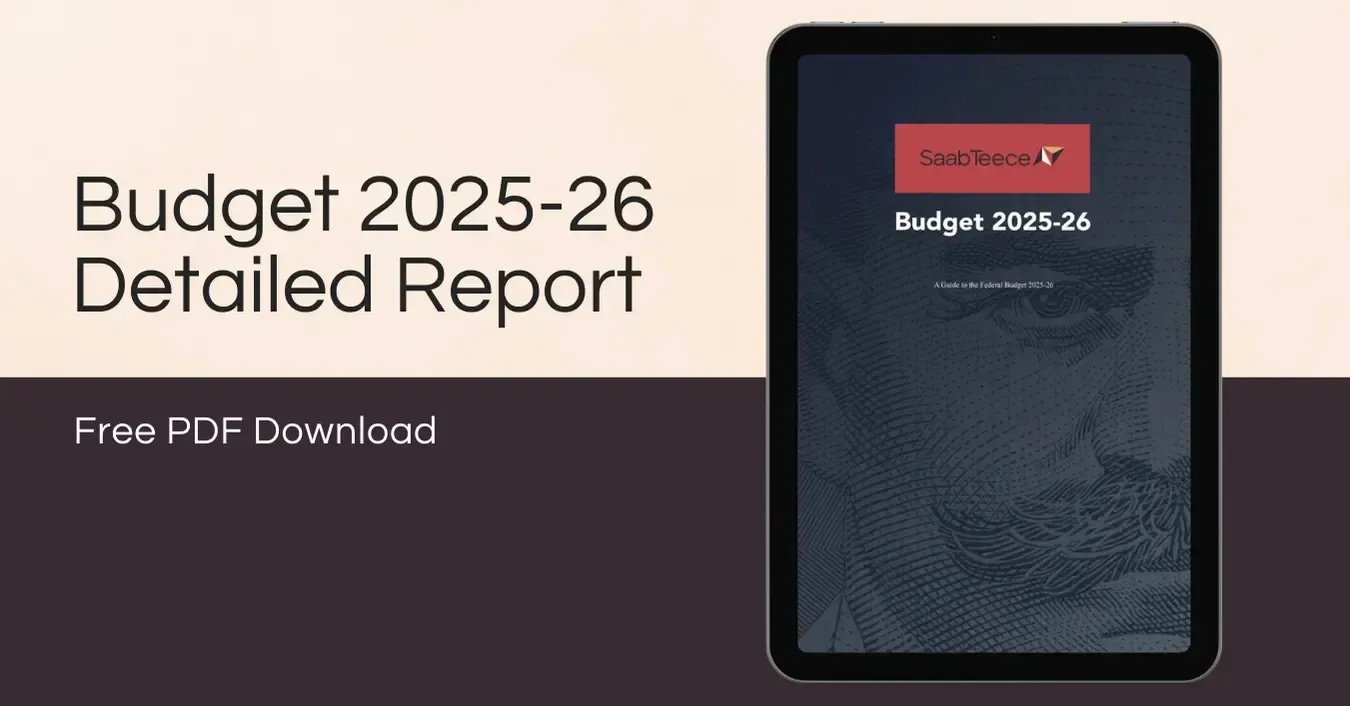What's involved in selling your business?
Selling your business can be a stressful time and unless you’ve done it before, it’s hard to know what to expect or what’s required to get the right result. We’ve put together the top issues for business owners or investors to maximise their results.
Firstly, there are a number of factors that ultimately determine the price someone is prepared to pay for your business. Always bear in mind that the buyer is likely to be looking at the purchase from a numbers perspective, while we see that too often the vendor has a figure in mind that relates little to the business, and more to their requirements post-sale.
What will assist to achieve the best sale price of the business?
- Contracts with customers – if there are contracts in place, this is the best outcome for the incoming owner, as there is some certainty around ongoing sales
- Customers and clients – a good mix of customers and clients is important. Having one major customer is not ideal unless there are contracts in place, long term customers with recurring transactions are good, customers who are experiencing growth or have room for growth are also ideal
- Procedures and checklists – there are a number of things that you will no doubt do without thinking about them, as you may have done them for 10, 20, 30 years, but for someone taking over, procedures and checklists for any task that can be reduced to writing – should be. Do not underestimate the benefits of this
- Current pricing structure – a prospective buyer will review charges, and if the vendor has not increased charges in line with market for a number of years, this is a drawback, as the buyer will need to try to increase prices while taking on new clientele. It is also important to have your trade debtors in order, as the buyer will not like to take on a business that operates with a high amount of debtors and work in progress
- Staffing – is your business appropriately staffed? If you exit the business is it going to leave a significant gap in knowledge and operational capacity? If so, it is worth taking on and/or training up staff to fill these gaps some time prior to sale
- Who are your potential buyers? – is there already someone within the business who could be a potential buyer? This is often is good result for all parties as the buyer is well aware of the good and the bad within the business, already knows the clientele, and may be prepared to pay more than an outside party. Do you already have contacts within the industry who could take your business on as a complimentary business unit to what they already do? If you are able to identify prospective buyers earlier rather than later, you can consider and prepare for the sorts of things they might require
If you are considering selling a business, please consider the important items below.
1. Make sure selling is the right decision
Consider why you want to sell, and what impact it will have on you personally and financially.
Why are you selling?
- Retirement – remember that you can only sell it once, and maximising the return and minimising the tax consequences can make a huge difference in retirement
- Regulations and paperwork – as small and medium businesses this is always an issue. Can this be alleviated by taking on a part time bookkeeper/administration assistant?
- Level of work and hours required – small and medium business is always going to require close and constant attention by the owner(s), but can your time be freed up by hiring key staff to alleviate some of the work flow?
- Financial pressures – if the financial and cash flow pressures are causing concern, perhaps you could consider obtaining some advice and doing some cash flow modelling to try to smooth out some of the lumps and bumps
2. Understand what you are selling and the tax implications
What you are selling and how you are selling it will have quite different tax consequences.
- Capital Gains Tax – the timing of the transaction can have a significant impact. In addition to this, access to Small Business CGT exemptions should be considered before the transaction takes place
- GST – are you selling a “Going Concern”? Do you have all things in place to ensure that what you are selling is, in fact, a Going Concern?
- Remember: By careful and legal tax minimisation planning, you can receive more $$$ in your pocket!
3. Get your house in order !!
Remember that the sale price will be driven by the strength of your business so consider how to make your business more attractive. Put together a plan to identify and implement business improvements, in reference to the points at the start of this article.
4. Negotiate the sale and prepare the contract
When negotiating the sale, make sure the information you give about your business is accurate and true. You need to compromise on some things to get the best outcome. You will also need to decide if you are going to negotiate and market the sale yourself, or engage the services of a business broker.
Get your solicitor to check the contract carefully to ensure that all aspects of the sale are covered, including:
- all the relevant assets that are being transferred, including property, equipment, fixtures, fittings and stock;
- all the relevant liabilities, including trade creditors and the lease of the business premises;
- responsibility for employees and employee entitlements, including whether employees are to be transferred with the sale;
- any restrictions on trading in your profession after the sale (to prevent you from competing directly against the new owner);
- warranties and indemnities clauses (for example, the buyer decides not to proceed, inaccuracies are discovered in the contract, etc)
Selling your business can be a challenging task, so it's important to get it right. Talk to us early in the process for advice on valuing your business, steps to transfer your business and tax related queries.
Recent Posts









